It has been a week that has shaken our communities in the north to the very core.
Local representatives described the Skye shooting as a “dark day” and undoubtedly it is one that many of us will never forget.
Father-of-six John MacKinnon was killed, while two others – Rowena MacDonald and John Don MacKenzie – were seriously hurt in three separate armed attacks on Wednesday, August 10.
A fourth person, Fay MacKenzie, has since been released from hospital.
Many have since called for more mental health provisions for remote communities, while others – like Skye and Lochalsh MP Ian Blackford – suggested it could be time to take another look at gun laws.
Within hours, Mr Blackford called for a review of the incident to see if any lessons could be learned.
He said: “Firearm regulations are there for a reason and there must be a review of this incident to ensure if any lessons can be learned from it.”
He told the BBC the next day: “These are very controversial topics, and of course, in these rural areas we are all aware that there are applications for people to have guns when it comes to agricultural matters and there is a very live debate about what the regulations should be.
“I think it’s right to say that all the agencies, including the police tend to be pretty strict on the granting of licenses, but given what we have seen, it is right and proper to look at the regulations we have in place.”
Here we take a look at the existing rules around gun control.
Who has control over current gun laws?
While the Scottish Government can legislate on restrictions related to air weapons, laws on owning a firearm are reserved for the UK Government.
Police are responsible for issuing gun licenses to people in Scotland following an assessment.
Chief Superintendent Conrad Trickett, divisional commander for the police in the Highlands and islands, said there is a “rigorous process around firearms licenses”.
What are the current gun laws?
To possess a gun in the UK and Scotland, you must first obtain a firearm or shotgun certificate.
In rural areas that rely on agriculture and farming as their main source of income, such as the ones located on Skye, having a gun can be common practice.
In guidance issued by the Home Office, they claim the UK has some of the toughest gun control measures in the world and that “gun ownership is a privilege, not a right”.
A Home Office spokesman said: “We have recently brought in new statutory guidance for firearms licensing which means police must carry out robust checks on public safety grounds and ensure that these are consistently applied by all police forces so that the people of Britain feel safe in their communities.”
Permission to possess, carry or acquire a gun will only be granted to a person who is assessed by the licensing authority, which is the police in Scotland.
Authorities make sure that there is no threat to the wider public and that there is a good reason for the person to own a gun, which can include an agricultural occupation.
In determining what a “good reason” is, the guidance says applicants should demonstrate that they require their gun on a regular, legitimate basis for work, sport or leisure.
The guidance also sets out the criteria for owning a gun if you suffer from mental health problems.
It directly states: “Convictions overseas and periods of detention under the Mental Health Act or the Mental Health (Care and Treatment) Scotland Act 2003 do not count towards prohibition, although they might be relevant to fitness and public safety.”
When applying for a gun license, the police’s website directs you to mental health guidance by the Scottish Firearms Licensing Practitioners Group.
The group is comprised of organisations that represent those with shooting interests, the Scottish Government and police.
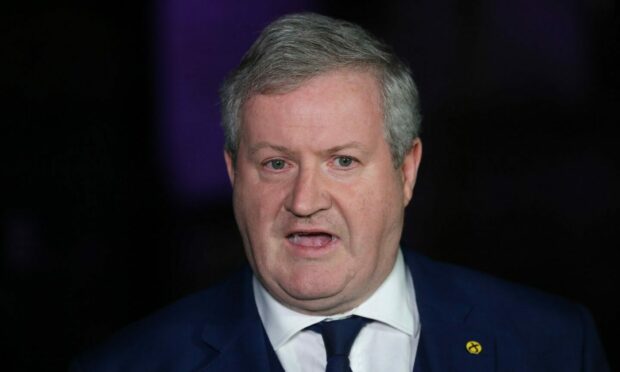
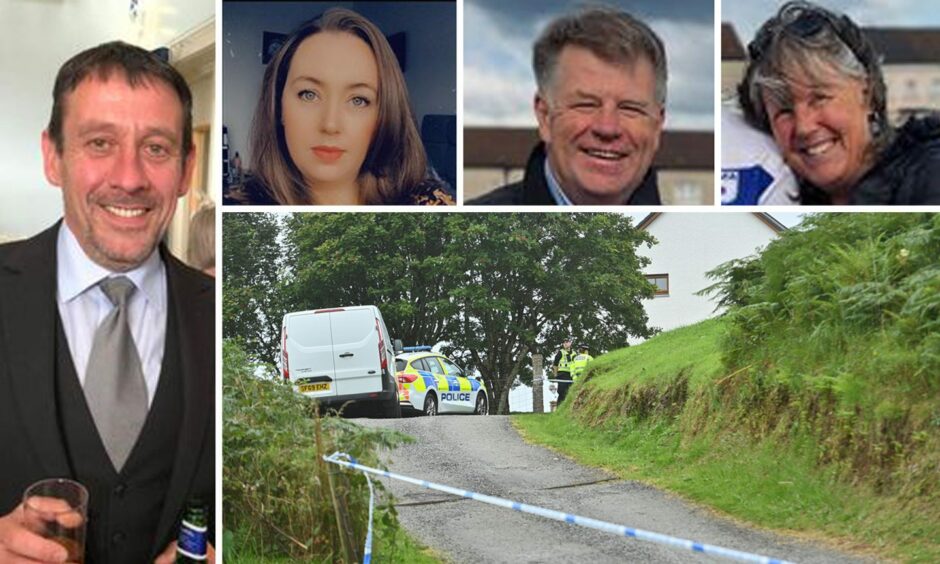
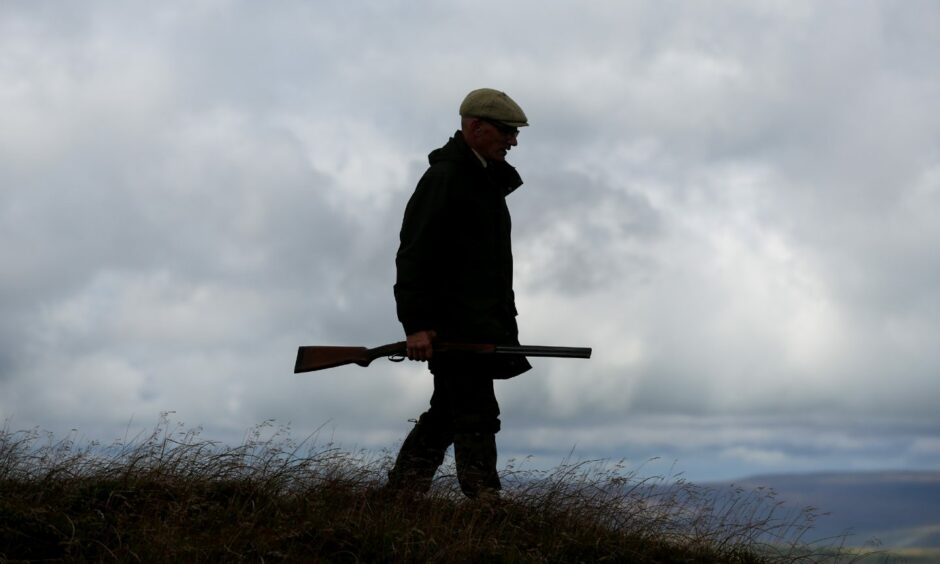
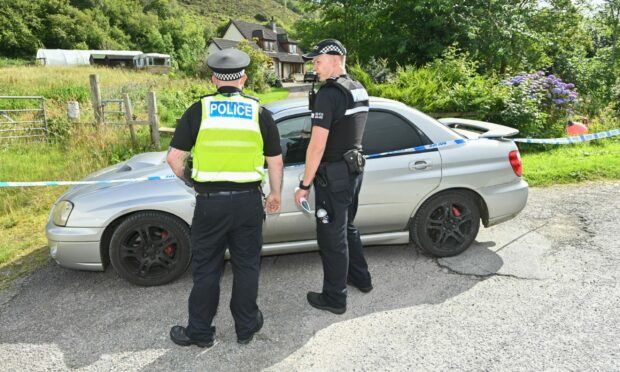
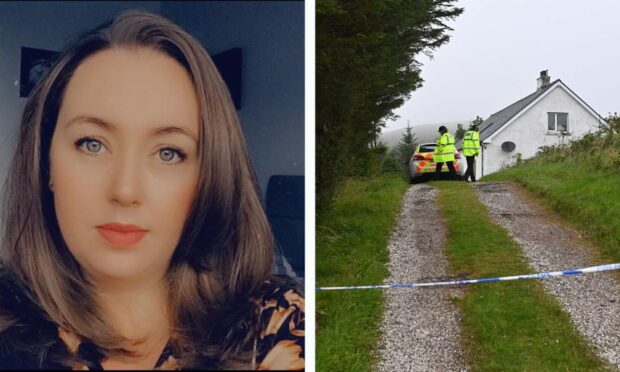
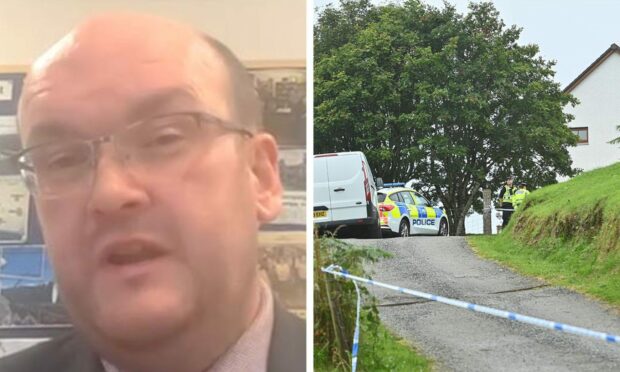
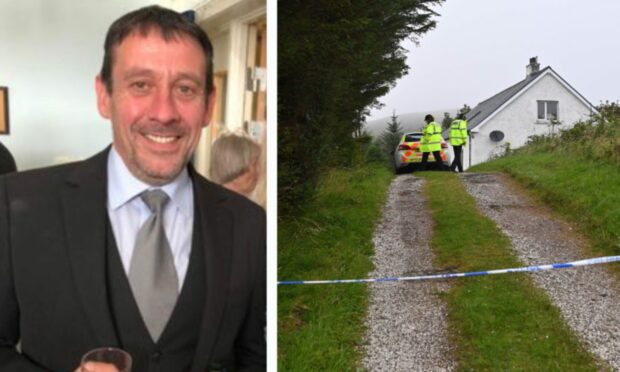
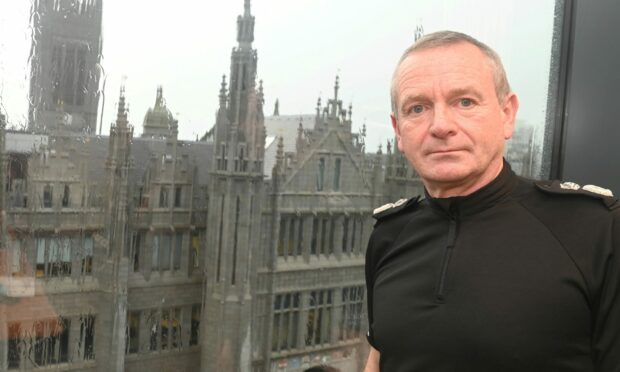
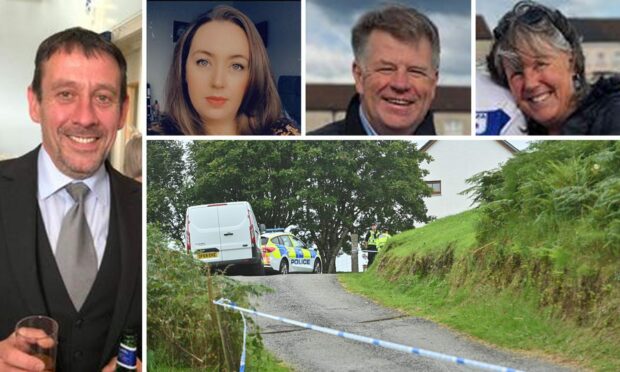
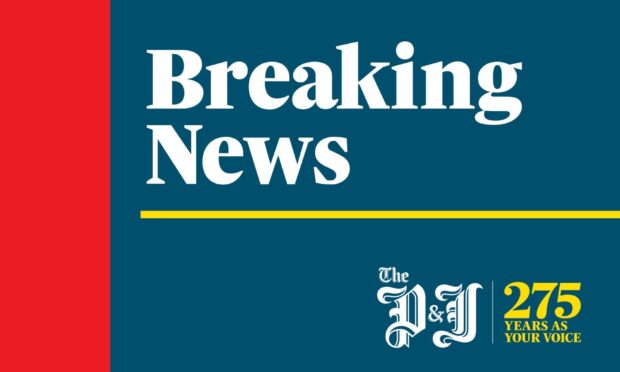
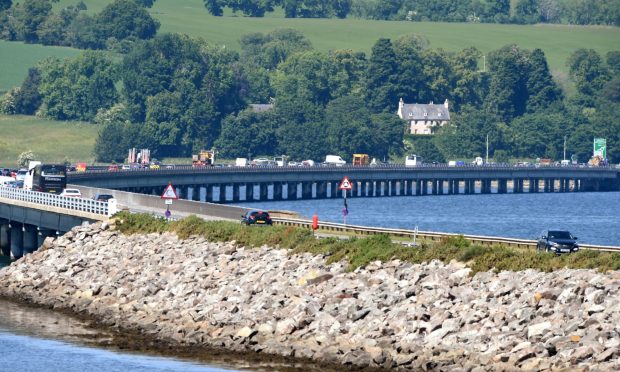
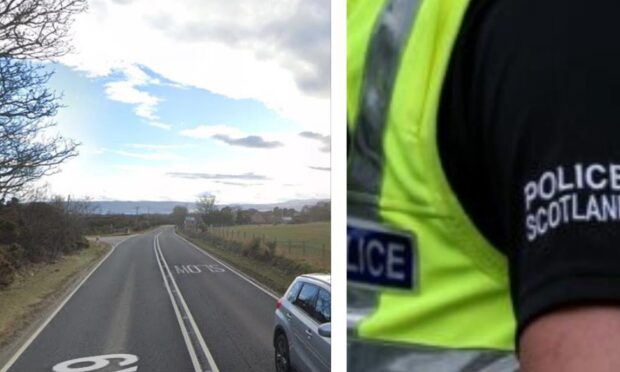
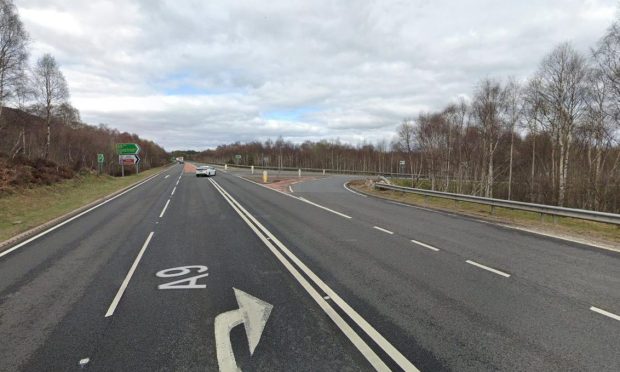
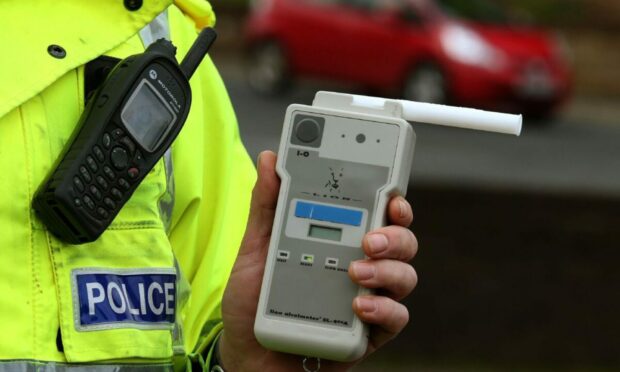
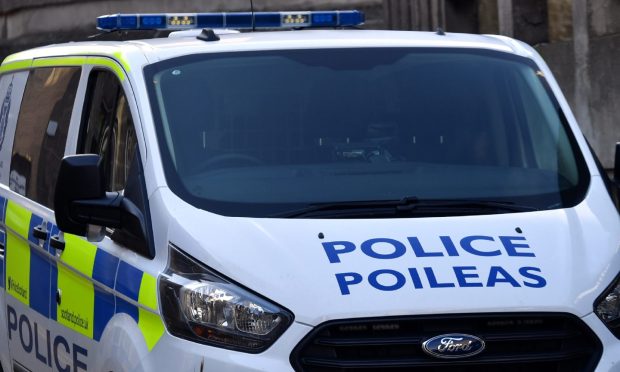
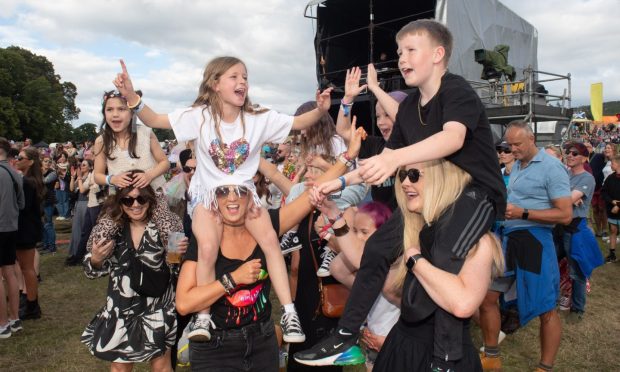
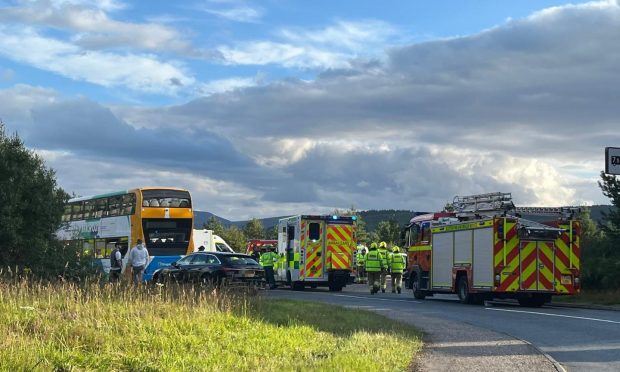
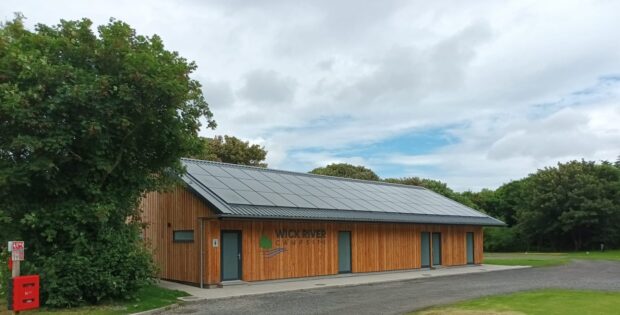
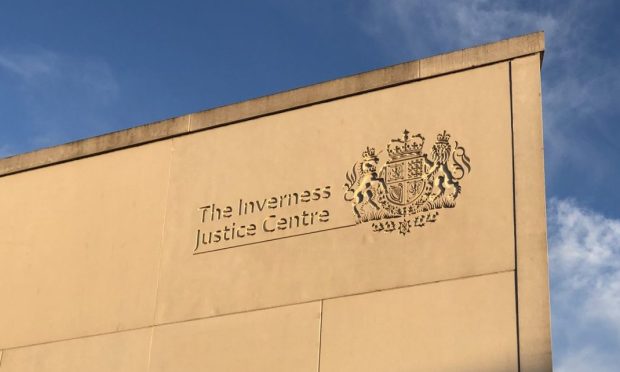
Conversation